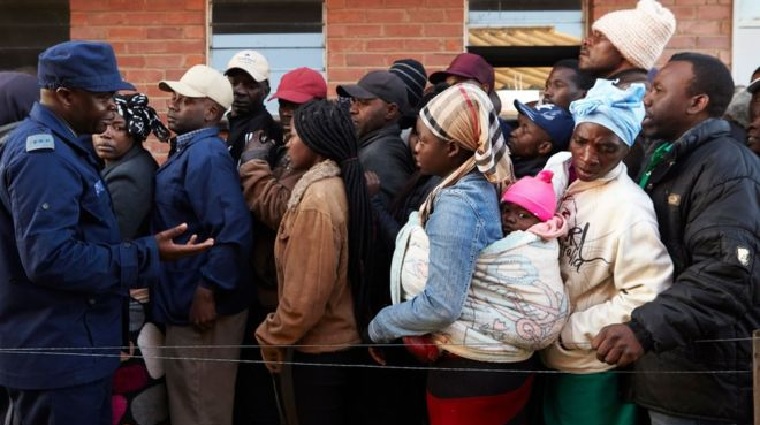 Until 1989, Africa was characterised by many authoritarian governments. After that, democracy took root as countries abolished military dictatorships, undertook constitutional reviews and embraced multiparty politics and elections. This promoted stability, legitimacy and acceptance in African political spheres. The general expectation was that multiparty democracy would eventually lead to economic growth and development.
Until 1989, Africa was characterised by many authoritarian governments. After that, democracy took root as countries abolished military dictatorships, undertook constitutional reviews and embraced multiparty politics and elections. This promoted stability, legitimacy and acceptance in African political spheres. The general expectation was that multiparty democracy would eventually lead to economic growth and development.
But three decades after the third wave of democratisation, it’s not clear that the development dividend has been attained. Despite Africa’s vast natural resources, it remains the world’s poorest region. Persistently high public debt and corruption, coupled with unemployment, income inequality and poverty remain endemic.
Although the cause of underdevelopment in Africa is multifaceted, an undeniable root is poor leadership. The inability of governments to drive their countries’ development agenda continues to threaten democracy, with most countries reverting to autocracy.
According to the V-Dem 2020 Democracy report, which ranked states in four categories – liberal democracy, electoral democracy, electoral autocracy and closed autocracy – over 70% of sub-Saharan African countries were either electoral or closed autocracies as of 2019.
Similarly, the EIU Democracy Index, which ranks countries as full democracies, flawed democracies, hybrid regimes and authoritarian regimes, says Africa recorded its lowest score of 4.16 in 2020 since the index started in 2006.
Indeed, as of 2020, only Mauritius could be described as a full democracy in Africa, with seven other countries – Tunisia, Cabo Verde, Botswana, South Africa, Namibia, Ghana and Lesotho – tagged as flawed democracies. The rest were either hybrid or authoritarian regimes, with the latter constituting the majority.
In the past decade, declining democracy in Africa is also evident in recurring military takeovers. Since 2010, Africa has had 43 successful and attempted coups. In 2021 alone, there were four successful coups (Mali, Tunisia, Guinea and Sudan) and two attempts (Central African Republic and Sudan). Barely two months into 2022, there’s already been one successful and one attempted coup (Burkina Faso and Guinea-Bissau).
The usual explanations for these coups point to economic mismanagement, corruption and low development in the affected countries, which the economic impact of COVID-19 has worsened.
The democratic reversal has exposed the fragility of African democracy and the threat of political instability. It also questions whether democracy is delivering the expected development dividends. The relationship is an issue of contention among scholars. Some hold that democratic regimes undermine development; others say they enhance it. Arguments have been made that economic development facilitates democracy, while some schools of thought say it has no significant impact on growth.
Continued next page
(85 VIEWS)

